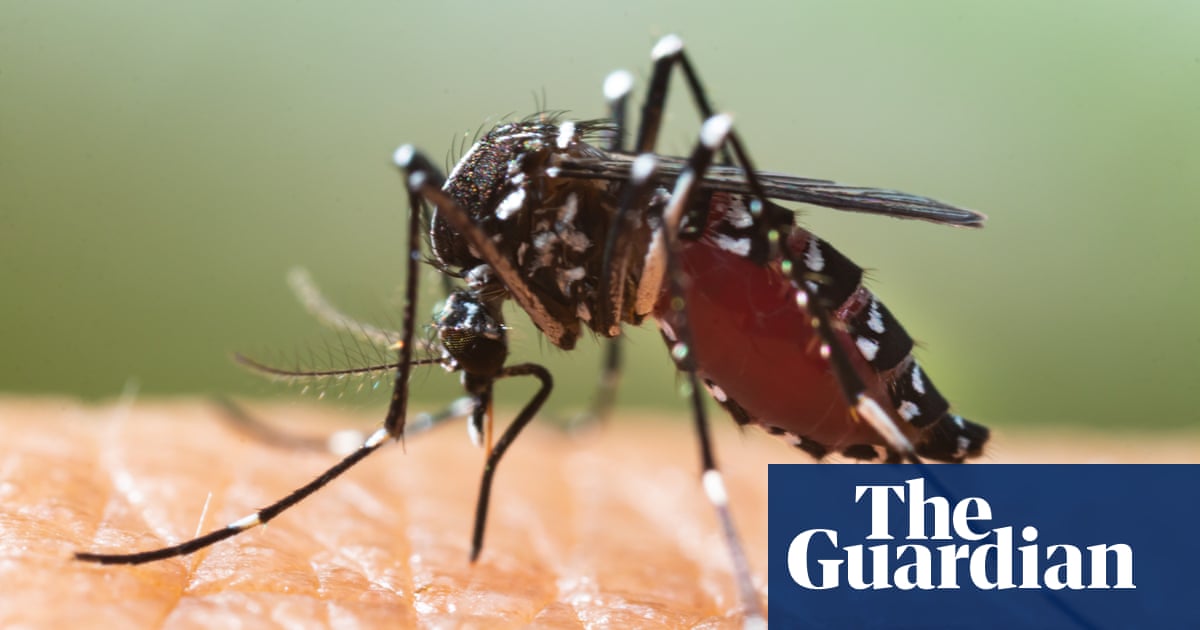The climate crisis could cause up to 10,000 extra deaths in the UK every year by the 2050s as a result of extreme heat and bring a host of tropical diseases, a stark report has warned.
The worst-case scenario, published in a damning document by the UK Health Security Agency (UKHSA) on Monday, would see average temperatures rise by 4.3C, bringing an estimated twelvefold rise in heat-related deaths by 2070. It adds that deaths could increase by one-and-a-half times in the 2030s.
The figures come from UKHSA’s Health Effects of Climate Change (HECC) report, which examines the effects the climate crisis is already having on British health outcomes.
It states that diseases transmitted by insects – such as dengue fever or Zika virus – could also become widely transmissible across the UK due to the arrival of species native to hotter countries.
This is the best summary I could come up with:
The climate crisis could cause up to 10,000 extra deaths in the UK every year by the 2050s as a result of extreme heat and bring a host of tropical diseases, a stark report has warned.
It states that diseases transmitted by insects – such as dengue fever or Zika virus – could also become widely transmissible across the UK due to the arrival of species native to hotter countries.
For example, the report suggests that the Asian tiger mosquito – which can transmit dengue, Zika and the chikungunya virus – has the potential to become established in most of England by the 2040s and 2050s, with most of Wales, Northern Ireland and parts of the Scottish Lowlands also becoming suitable habitats later on in the century.
Prof Isabel Oliver, the chief scientific officer at UKHSA, said: “This report starkly demonstrates the impact that climate change could have on our society if we do not take decisive action.
Such efforts include the use of national heat and cold alert systems and improvements to housing, specifically the use of energy efficient measures and flood defences.
The report also outlines measures needed to be undertaken to mitigate the forthcoming damage – which includes the use of solar energy, energy-efficient lighting and passive or low-carbon heating and cooling.
The original article contains 947 words, the summary contains 215 words. Saved 77%. I’m a bot and I’m open source!



